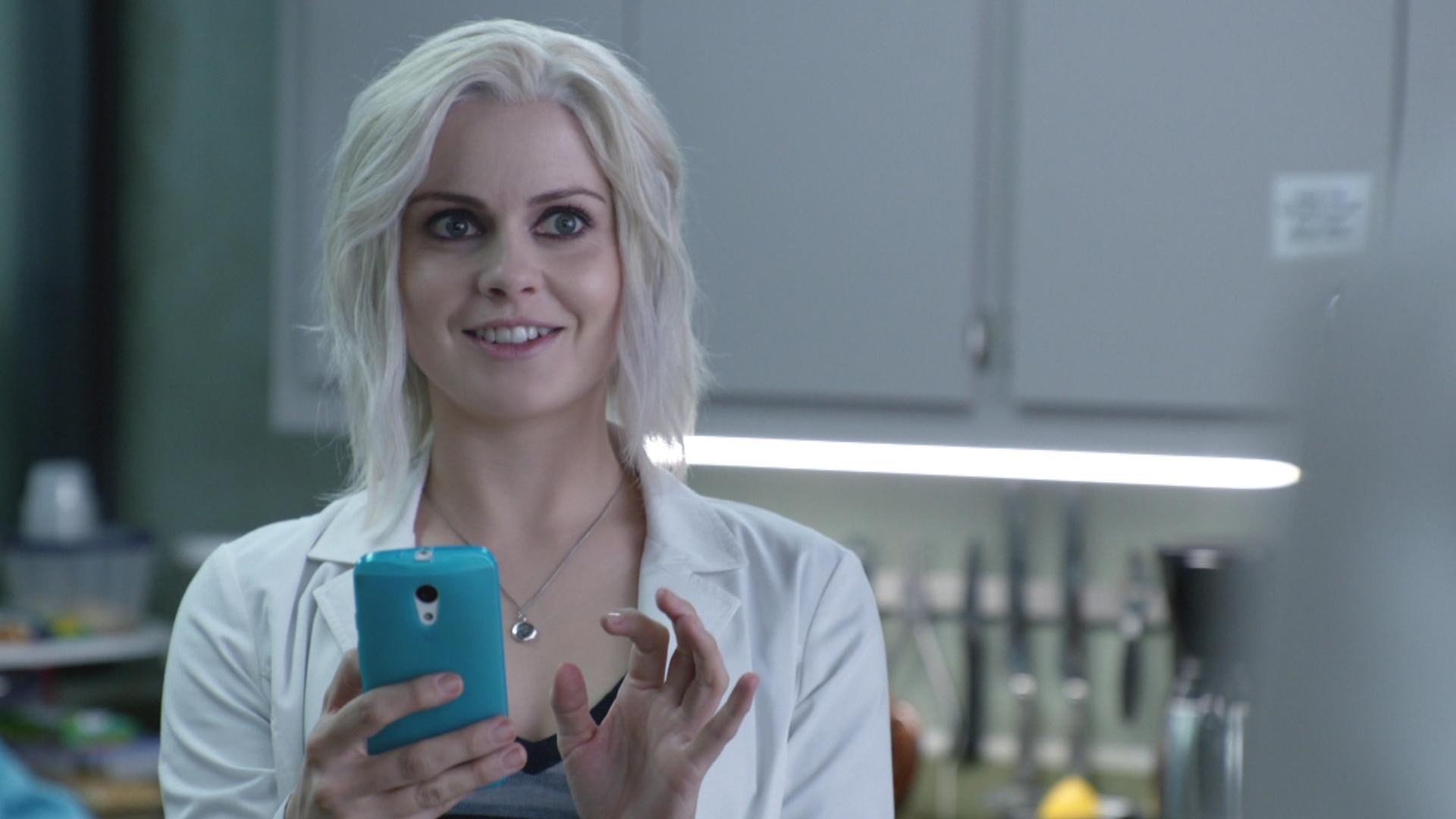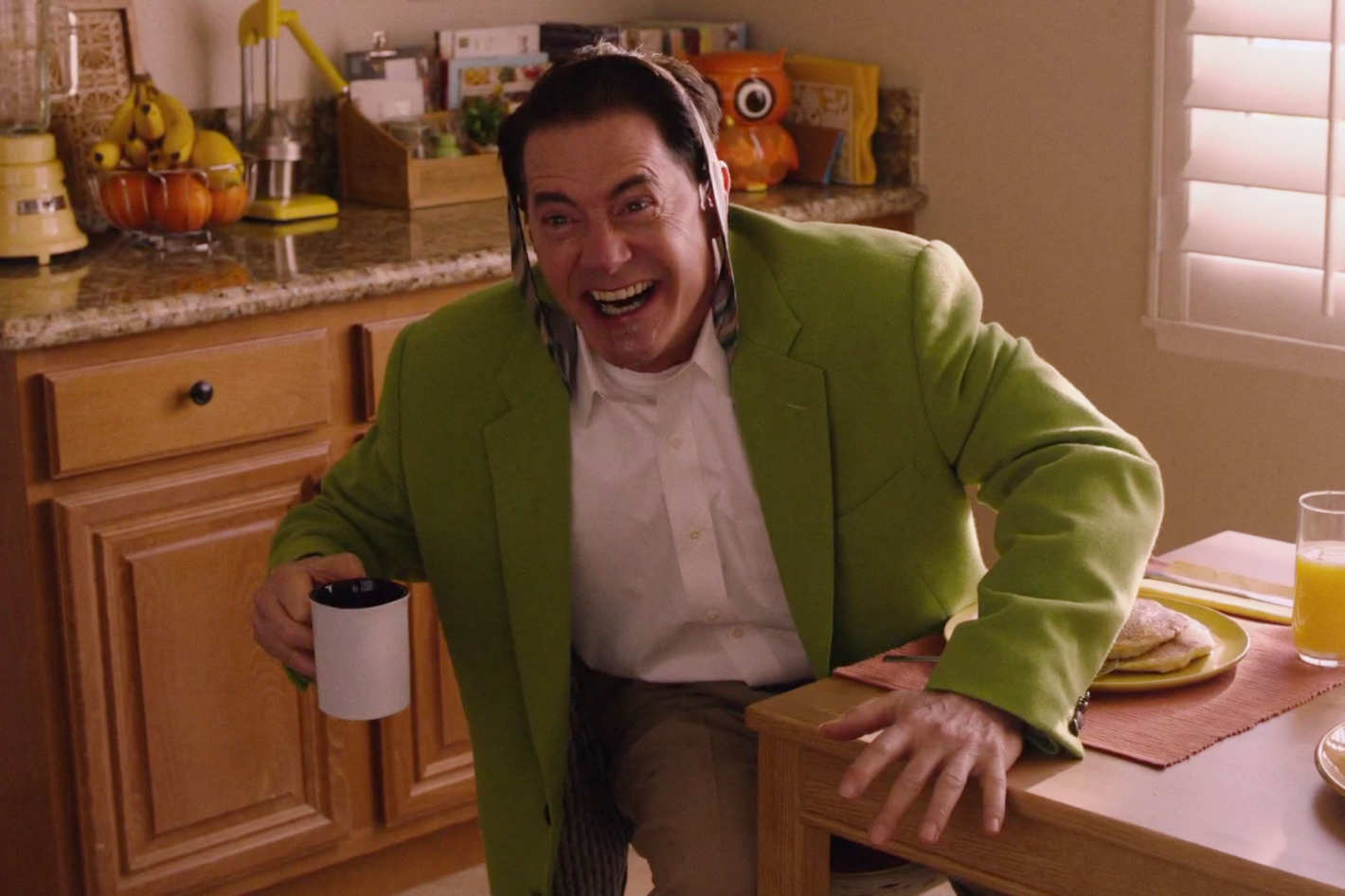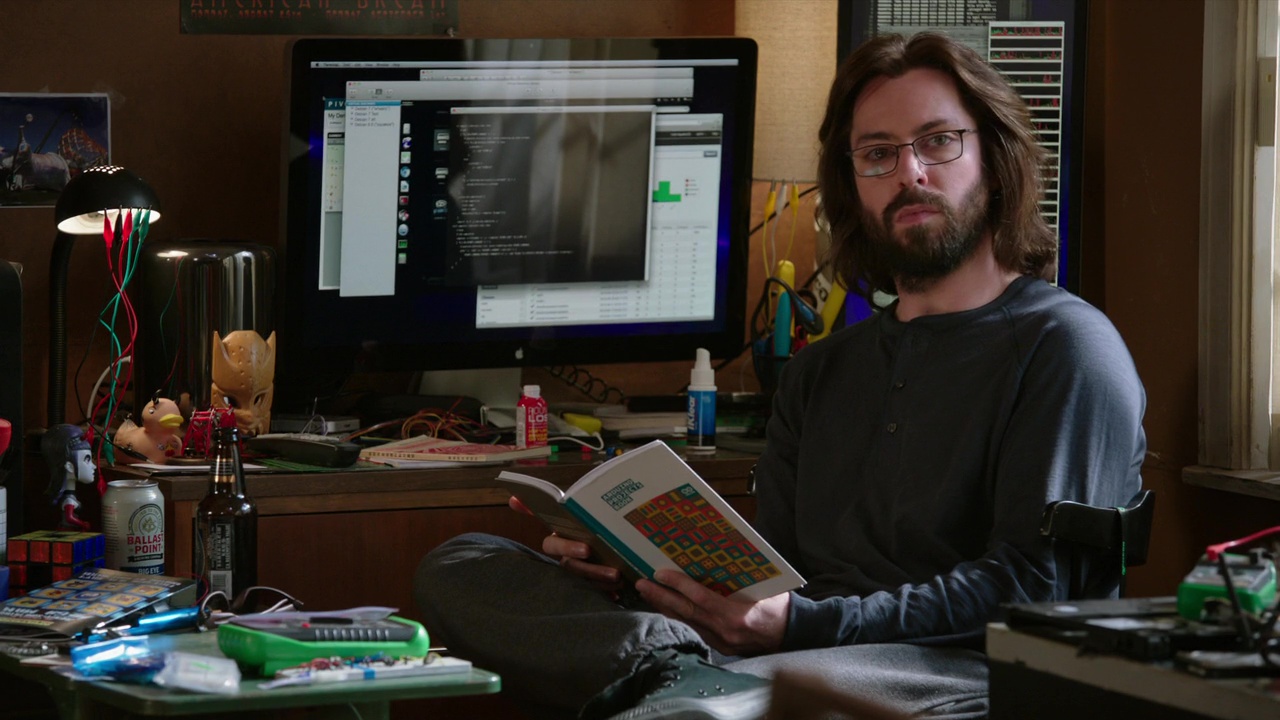I remember when I first saw the trailer for The Leftovers. It looked dark as hell. The people in white who just stood around smoking looked really freaky. And it was produced by Damon Lindelof, co-creator of Lost, not Kirk Cameron, who usually is involved with projects concerning The Rapture. Truth be told, I wasn’t a Lost fan but this new show had me intrigued.
I should mention that I sort of curse shows when I watch them from the beginning. The last couple of times I thought I would get in on the ground floor with a show, it was John from Cincinnati and Terriers. Remember those?
Exactly.
But my girlfriend and I were looking for a new show to watch together. We had tired of Damages after four-and-a-half seasons. So, perhaps The Leftovers would be our new show. Then, while checking out details of the show on the Internet, I saw that it was based on a book by Tom Perrotta.
Wait a minute. Tom Perrotta? Election, Little Children, Joe College Tom Perrotta? How is that possible? Is he trying to cash in on some genre switch? It’s been done before. Before he wrote The Passage, Justin Cronin wrote literary fiction. Then perhaps he realized he had a child to put through college and cooked up a post-apocalyptic vampire trilogy. Maybe Perrotta was doing the same thing.
So, out of curiosity and a nerdy instinct to truly prepare to watch the show, my girlfriend and I read the book. (We even went through the reading group discussion questions in the back of the book over dinner. Yeah, you heard me.) It was a great read. And Perrotta was able to keep this novel in his area of expertise—the suburbs.
His decision to set his novel three years after The Depature (or the events of October 14) is crucial to the tone of the book. Grief is a process. At the beginning it’s all about crying and bashing your head against a wall. It’s about screaming “why?!” to the heavens. But what happens after time passes? What is it like to buy groceries three months after your fiancé unexpectedly died? How does it feel to get a piece of junk mail with your father’s name on it eight months after he died? What is your life like three years after a significant amount of people on earth just vanished?
That is what the book is about. The show, on the other hand, seems intent on staying in the phase where you’re bashing your head against a wall or—spoiler alert—having it caved in with rocks.
Adaptations always take liberties. From The Lord of the Rings and Clockers, to Madeline and Fight Club, to The Watchmen and Atonement, or even Adaptation, there are varying levels of faithfulness to the book for a number of reasons.
This, however, is a book that was being adapted into a show. The show has to be dynamic enough to continue, ideally, season after season, beyond the events of the source material. It’s a special problem; and I get that but I still think The Leftovers screwed up.
The only other book-to-series adaptation that I can think of is Dexter. I read the book after seeing the first season and I liked the show so much better. The book is a first-person narrative from a heartless serial killer. He’s full of contempt for the people around him and you only get his point of view. The show, on the other hand, included Dexter’s voice-over narration but then showed all of the characters from an objective third person view. The show expanded the world of the book and that’s the key. You can either faithfully adapt or you can expand the world. The Leftovers has expanded the world by inventing characters and relationships and completely changing the tone of the events.
Now I don’t know Damon Lindelof’s work enough to blame him for this show but I will anyway. I loved the first few episodes of Lost. I was intrigued by the backstories of all the characters. But then, as soon as supernatural things started happening, I checked out. So, I only made it about six or seven episodes. And it’s the Lost-like elements in The Leftovers that ruin it for me. The show is injected with the supernatural. Granted, this is a reality in which The Rapture occurred, but this show seems to take every opportunity to swing for the drama fences.
So, let’s talk about some differences.
Kevin Garvey
First of all, in the book, Kevin Garvey is the mayor. He was also a pretty agreeable guy. I don’t know why Justin Theroux’s character is a hotheaded police chief who punches a family photo in his own home. In the book, Kevin didn’t have strange dreams and wake up not knowing what he had done. There was no bald dog hunter with a dip perpetually tucked in his lip at all times who may or may not be real. Kevin’s father was not in the book. In the show, for some reason Tom is not Kevin’s biological son, and it was Kevin’s affair—not Laurie’s feeling of emptiness, that drove Laurie into joining the Guilty Remnant.
Nora Durst
In the book, she didn’t work for the government interviewing people to get death benefits. She also didn’t carry a gun and hire prostitutes to shoot her in the chest. I found that particular peccadillo of Nora’s to be completely hack. Shoot me! Shoot me because I need to feel … something. In the book, Matt Jamison, who is not her brother, comes to her and reveals that her husband Doug had an affair. He then publishes it in his newsletter, revealing it to the entire town.
Yet the show does the opposite. They make Nora and Matt related and Matt says he would never publish that information. What is gained with that difference from the book?
Holy Wayne
This is a huge departure. In the show, Holy Wayne seems to actually be mystic. He is hypnotic and menacing to the extent that the government stages a Branch Davidians raid on his compound. (However, on a personal level, I can only ever see Paterson Joseph, the actor who plays Holy Wayne, as a contestant on Numberwang.) In the book, Holy Wayne is just a normal middle aged white guy who, in trying to make sense of losing his son in The Departure and find community, gets catapulted to fame and lets the power go to his head. There is no question that Wayne is not divine.
The Guilty Remnant (GR)
Laurie and Meg actually had a nice, rebellious friendship. They spoke to each other at night even though they weren’t supposed to. In the show, Laurie hasn’t spoken. Amy Brenneman must be loving this part.
In the book, the GR member that was found murdered was shot and the reader was not shown the murder. In the show, we witnessed a stoning. There was something so viscerally horrifying about that. I think that was the only time I covered my eyes while watching television in my own home. It was also the last episode of the show my girlfriend would watch. I give them credit for pushing limits but sometimes the limits are there for a reason.
Matt Jamison
In the book, Matt Jamison is a minor character motivated by bitterness at not having been “taken up” on October 14. His family is just fine but he has abandoned them in his quest to reveal the truth. In the show, in another effort to ramp up the drama, Matt’s wife is severely mentally and physically challenged due to a car accident on the day of The Departure. However, Christopher Eccleston is the one bright spot of the show for me. He nails Matt’s creepiness but he does so with heart. Eccleston’s Matt is always striving. The episode that focused on him and his trip to the casino had no basis in the book but it was by far my favorite episode.
The problem is not that they invented, it’s how they invented. There are other bizarre things in the show like the naked guy who accosted Christine because he had a dream about her. Nora’s strange trip to New York and the imposter woman who took her place on a speaker’s panel at the convention. And what about the fake bodies for sale for relatives to have the closure of burying their loved ones? I could go on.
I realize that I’m picking on this show. My whole premise is a little persnickety. “I read the book, you guys!” In the end, does it matter if there are differences between the book and the show? The answer is no. But only if the show is worth watching and, so far, The Leftovers hasn’t really delivered. It hasn’t even figured out what it actually is, except really dramatic. I do recommend reading the book, though. At the very least, it highlights what this show could have been if it weren’t trying so hard.
Header image via One More Page.















